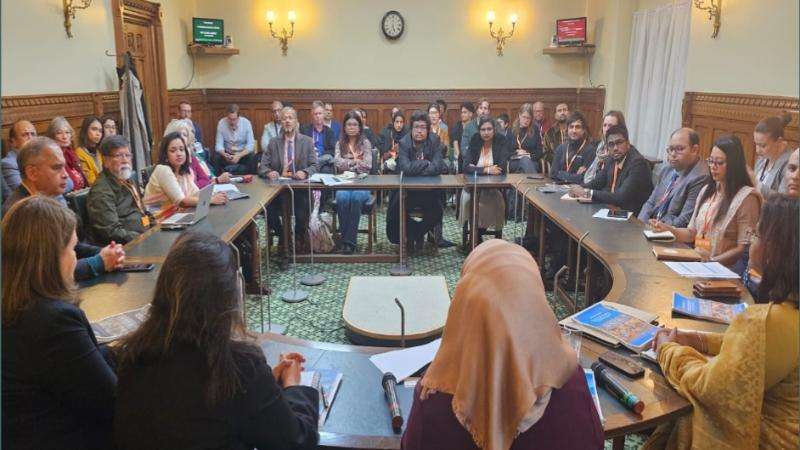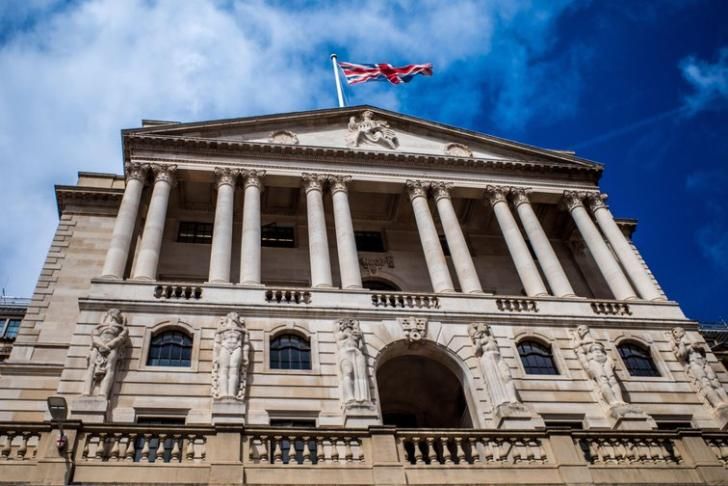Even with a substantial decline in inflation, the Bank of England still has to determine next week whether to revise its message over when it would decrease interest rates for the first time in four years.
The job market in Britain continues to drive inflation, the economy appears to have bounced back from a recession, and the U.S. Federal Reserve, which sets interest rates across the globe, is delaying the possibility of reducing them.
Financial markets are now only fully pricing in a first BoE rate cut in September and the chances of a second move by the end of the year are seen as little more than 50-50.
That is a far cry from the six reductions in 2024 that investors were pricing in at the start of this year.
In recent months BoE Governor Andrew Bailey has sounded comfortable with the idea of cutting borrowing costs for the first time since early 2020 when the COVID crisis struck.
He says price pressures in Britain are moving in the right direction - consumer price inflation stood at 3.2% in March and is expected to fall again in April, moving further away from the four-decade high of 11.1% set in October 2022.
In March, Bailey said it was reasonable for investors to bet on rate cuts this year and one BoE official, Swati Dhingra, voted for a cut in February and March.
A Reuters poll of economists last month showed a split in expectations between June and later in the summer or September.
But several top BoE officials have sounded cautious about an early move, stressing how wage growth of around 6% is too strong to get inflation down to 2% sustainably.
The difference in views means only minor changes to the central bank's message are likely on May 9 after the latest meeting of the BoE's Monetary Policy Committee.
Oliver Blackbourn, a portfolio manager with investment firm Janus Henderson Investors, said the BoE would probably not tell investors they were pricing in too few rate cuts, given the work still needed to bring inflation pressures to heel.
That job could be complicated if the BoE stokes expectations of rate cuts and sterling weakens further.
"There's probably a high risk of a policy error now if they don't manage the next six months correctly," Blackbourn said.
INFLATION FORECAST CUT?
Ross Walker, chief UK economist at NatWest Markets, also said the BoE was unlikely to send an explicit signal to investors that their rate cut bets are too conservative.
But he said the central bank might cut its inflation projections, lowering a forecast for price growth in three years' time to a below-target 1.5%, as a way to convey that message.
"Implicitly, BoE policymakers will be signalling that the market is - substantially - under-pricing the likely magnitude of required rate cuts in 2024," Walker - who expects a first rate cut in August - wrote in a note to clients.
Deputy Governor Dave Ramsden struck a dovish note on April 19 when he said the risk of inflation getting stuck too high had receded and it might prove weaker than the BoE's forecasts.
But Chief Economist Huw Pill said on April 23 that rate cuts remained some way off, echoing external MPC member Jonathan Haskel. Megan Greene has said wage growth is too high to be consistent with the BoE's 2% target.
Bailey and other top officials will hold a news conference at 1130 GMT on May 9, half an hour after publication of their latest monetary policy decision, minutes of their meeting and their latest forecasts.

.jpg)






.svg)

